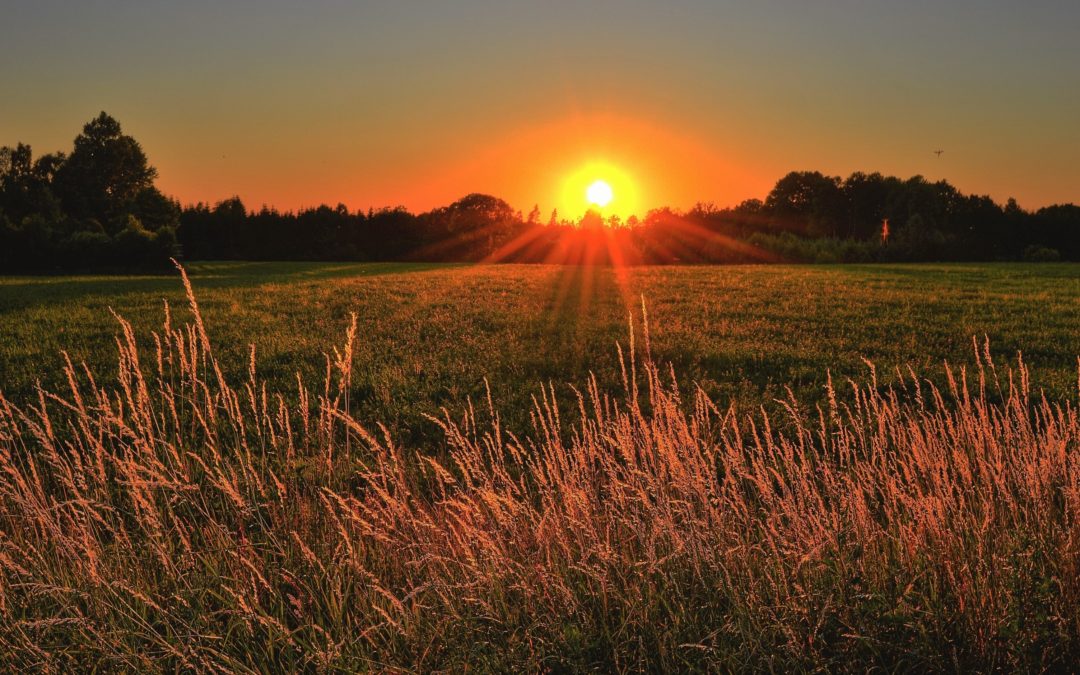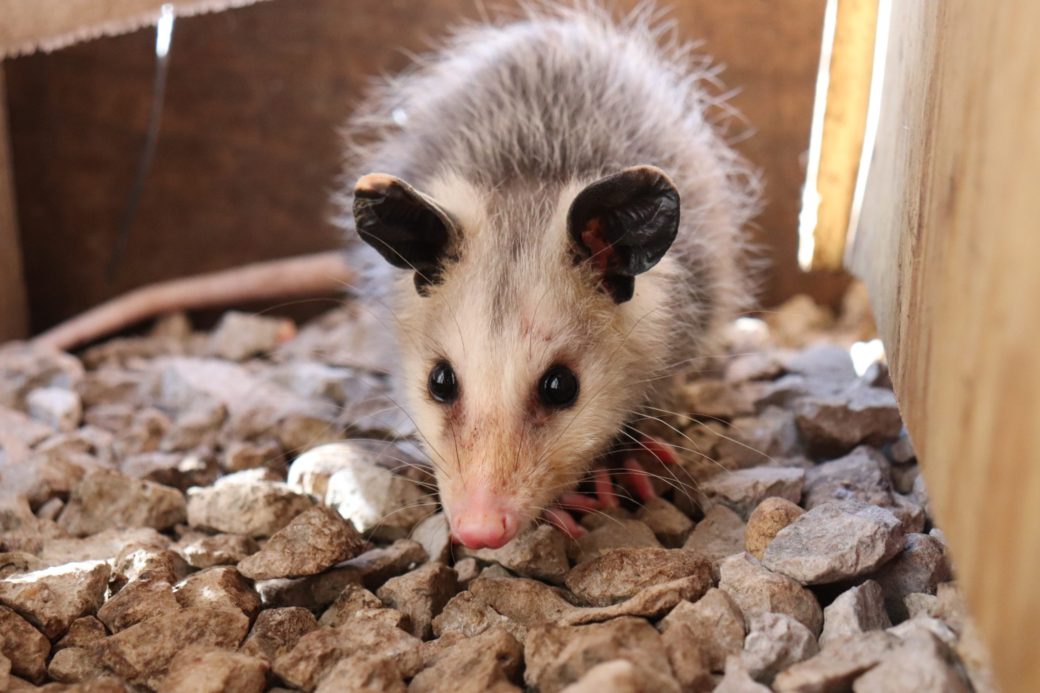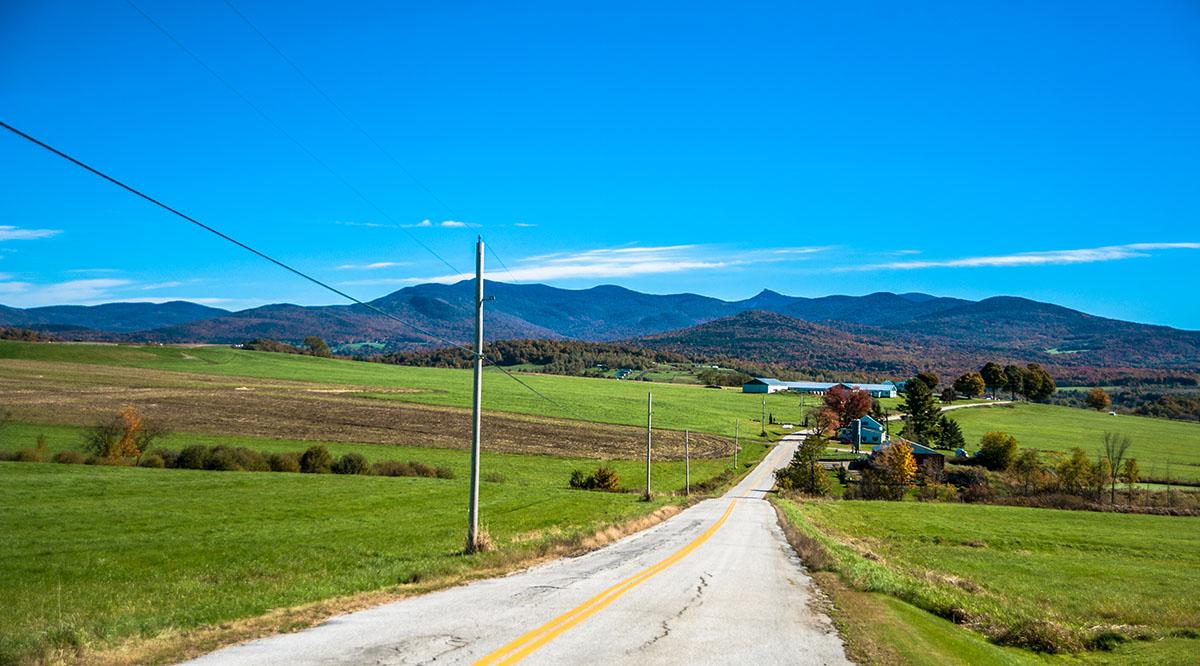

How to write about rural healthcare in your personal statement
by tkaprowy | Sep 2, 2020 | Uncategorized

Over the past years, my pre-med students have taught me what exceptionally beautiful writing can come from describing rural life and, thereby, rural healthcare.
It comes up because many of my students wish to return to their home communities — or ones like them — once they’ve become doctors, which is something they want to (and should ) convey in their personal statements.
However, I have noticed that it usually takes a while for this beauty to surface. Often, these writers are uncomfortable describing their rural roots. Maybe they feel overwhelmed by the prospect of capturing their community’s essence. Maybe they don’t want their communities to be judged. Maybe they don’t want to be judged either and come across as “too country.”
The result is their first efforts are often generic pictures of where they come from, instead of active, vivid ones . They mention agriculture. They mention doctor shortages. They mention food deserts. They mention the opioid crisis.
The problem, of course, is none of that is particularly distinctive and, thus, memorable. And in your med school personal statement, you want every word of your essay to stick with your reader.
But, how to do that in your med school personal statement? Here are four tips.
WRITE ABOUT YOUR PEOPLE AND PLACES
In order to convey that you love rural living and are committed to rural healthcare, I want you to write a longish paragraph about what your community looks like and means to you. It’s a way of showing your reader that you are intrinsically tied to rural life (and rural healthcare) and understand it. In order to do that, I often recommend naming your places and naming your people . That means answering questions like the following. What:
- is your home community called (you’d be amazed at how many students just say, “my town”)?
- is the name of an important street?
- is the name of some of the seminal businesses in your town?
- do people do in their free time?
- do they do on Saturday night?
- do they do Sunday morning?
- restaurant do they go to? What do they eat?
- do they drink? (One student mentioned Ale-8, which is a Kentucky-made cola)
- is the mascot of the high school? (In my town, strangely enough, we have the Maroons (a pirate) and the Briar Jumpers (a rabbit).)
- is the name of a long-time teacher at the high school?
- is a little known fact about your town? (An example, a bakery in London, Ky., makes 60,000 honey buns an hour. As a result, East Fourth Street constantly smells like yeast and sugar.)
- is the name of an important doctor in town? What is his or her practice like?
- is the name of the newspaper?
- is the name of the local lake? The quarry? A creek or a river?
- do people do for a living?
- traditions do they have at Christmas?
- annual festival does everyone attend?
- team do they cheer for?
- do the buildings look like?
- place do the high school students congregate?
- does the hospital look like? How big is it? Do you have one? How many beds?

LOOK FOR THE POSSUMS
The other day, I was working with a student who said she wanted to go back to her Appalachian community because she wants a close connection to her patients, one that extends beyond the usual doctor-patient relationship. Buried way at the bottom of her essay was a detail about how she had witnessed a rural doctor have a conversation with a patient about her pet possum. Apparently, it was a fun chat in which the patient enthusiastically gave the doctor a thorough update.
As soon as I saw it, I knew that essay needed to start with that possum. Why? Well, in part, because you couldn’t possibly make that up and so the reader knows immediately you’re being as honest and forthright as you can be. But also, it was a detail that was memorable, one that set a tone that was as genial as that doctor-patient conversation apparently was.
Another student wrote about how she saw a doctor receive a cooler full of crappie (that’s a fish in Kentucky) as a Christmas gift. Another wrote about how she’d seen a patient come into his family doctor hoping to get help for his prized rooster.
These are all likewise authentic looks into the beauty that can come out of rural healthcare.
So as you write about your home community and your affinity for rural healthcare, I want you to scour, I mean scour , your memories of your shadowing experiences. I want to hear these conversations, I want to witness these gifts, I want to listen to you tell me about what patients needed.

USE STATISTICS
Often, students will write about tough statistics that apply to the health (or lack thereof) of their rural communities. But if you’re going to use a statistic, be specific and cite a source. It can be something as brief as “According to the CDC,” or “A study published in JAMA found,” but either way, it should be something that your reader, if interested, should be able to Google.
When using a statistic, also make sure that it relates specifically to what you’re writing about. For example, I had one student who wanted to be an OB/GYN in eastern Kentucky. Her ultimate mission is to work at a facility that offers help to pregnant patients who struggle with addiction. In her first draft, she included a statistic about the professional health care shortage in Kentucky. Pretty good idea, right? Except then she decided to drill down further. In her final draft, she instead included a statistic about how many counties in Kentucky are without a practicing OB/GYN. More specific and, thus, more effective.
ADDRESS HOW YOU WILL CONTRIBUTE
It’s one thing to want to get into rural healthcare because you want a close relationship to your patients, it’s another to show how you will contribute. If you really want to impress your reader, write about what plans you have to address specific issues. What will your practice look like in this place? How will you address patient needs (and, please, don’t just say you’ll do so by attending to both their physical and emotional health)? What resources will you use and guide patients to? What programs would you like to implement? What programs have you seen work? What kind of care have you witnessed that you plan to emulate?
This will not only allow you to show your character, it will give your reader an opportunity to see how your brain works, which is very useful information.
Now. Since you’re a pre-med with, likely, only shadowing experience, it’s a big ask to explain how you’re going to fix the world — and you don’t want to come across as arrogant. But if you have a passion for community wellness in rural healthcare and you have some specific ideas for how to improve it, there has never been a better place than your med school personal statement to write about it.
FINALLY …
If you’re looking for inspiration, please click here to read a truly gorgeous piece of writing by a doctor about her rural patients.
And remember, writing about your rural life and your commitment to rural healthcare is not only a way for you to show your personality and character, it’s a way to be memorable to your reader. If you continue to struggle with getting to the root of that part of your story, please don’t hesitate to contact me at [email protected] .

Recent Posts
- The No. 1 top tip for writing a great personal statement
- Use the summer to complete pieces of your college apps
- Future docs: how to write your med school essay
- How to write a killer law school personal statement
- How to write your occupational therapy essay
- January 2022
- October 2021
- September 2021
- October 2020
- September 2020
- January 2020
- October 2019
- September 2019
- February 2019
- January 2019
- November 2018
- October 2018
- September 2018
- August 2018
- December 2017
Attracting the next generation of physicians to rural medicine
People in rural areas sometimes must travel hours for care even in emergencies. here’s how medical schools and teaching hospitals are stepping up to attract and train future physicians to practice in some of the most remote and desperate regions..

The University of Colorado School of Medicine’s rural track cultivates a sense of community even before medical school begins. Incoming students are invited to participate in a weeklong interdisciplinary rural immersion experience during the summer before classes start. What’s more, mutual support is maintained long after medical students have left the program. “We keep in touch with all our graduates, some of whom have gone on to become rural preceptors for our program,” explains Mark Deutchman, MD, director of the rural track program .
Signs of success
The growing number of rural training track programs alone won’t solve the crisis in rural health care, experts say. For example, additional government funding for rural residencies is essential, notes Shipman. Still, there are signs that the programs are making a real difference.
For example, 2 out of 3 graduates of the Rural Physician Associate Program (RPAP) at the University of Minnesota Medical School have gone on to practice in that state, and 40% of them practice in rural locations. Of the 127 doctors who have graduated from the University of Colorado Medical School’s rural track since it began in 2005, 35% are practicing in communities that are considered rural or frontier.
Of the 70 students entering the class that will graduate in 2023 from the USD Sanford School of Medicine this year, 54 graduated from high schools in the state, including many students from small rural communities. Many applied to USD in part because of FARM, which allows medical students to do rotations in 1 of 7 rural communities in the state.
Perhaps more importantly, participating in a rural track training program is a life-changing experience for many students.
“In a small community, you get to know patients in the context of their community and their families,” says Susan Anderson, MD, dean of rural medicine at the USD Sanford School of Medicine. “You take care of the whole family and in some cases multiple generations of families. Birth, death, trauma, you see your patients through it all. There’s a continuity of care and a kind of gratification that’s very hard to find in any other kind of practice.”
Indeed, in the rural areas they serve, many doctors do more for the health of the community than simply practice medicine. “One of our graduates developed a program that gets people who are abusing opioids into treatment promptly, as soon as they are first seen,” Deutchman explains. Other alumni are working on projects like promoting firearm safety and improving health screenings. “One of the many rewards of rural medicine is that that you can make a difference not only to individuals, but to the community.”
It’s not surprising, perhaps, that a recent study in South Dakota found that the rate of burnout is significantly lower among family practice physicians in rural settings than among urban practitioners.
Medical students intuitively sense that, says Longenecker. “They see what life is like for too many family physicians in an urban setting, who may have a very limited scope of practice and possibly less continuity of care with patients. By participating in a rural track program, they discover an alternative pathway, an opportunity to practice medicine in a very different way — a way that may ultimately offer them more access to the rewards and joys of practicing medicine.”
- Medical Education
- Health Care
- Medical Profession & Practice
- Health Equity
- Funding/Finance
- GME - Graduate Medical Education

IMAGES
VIDEO